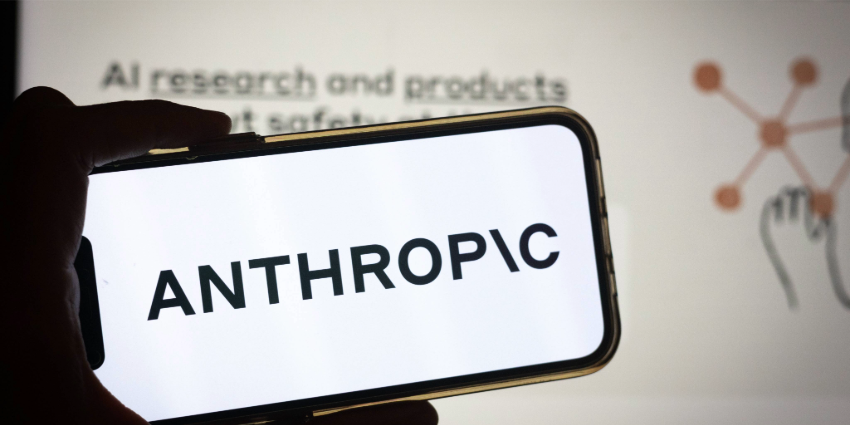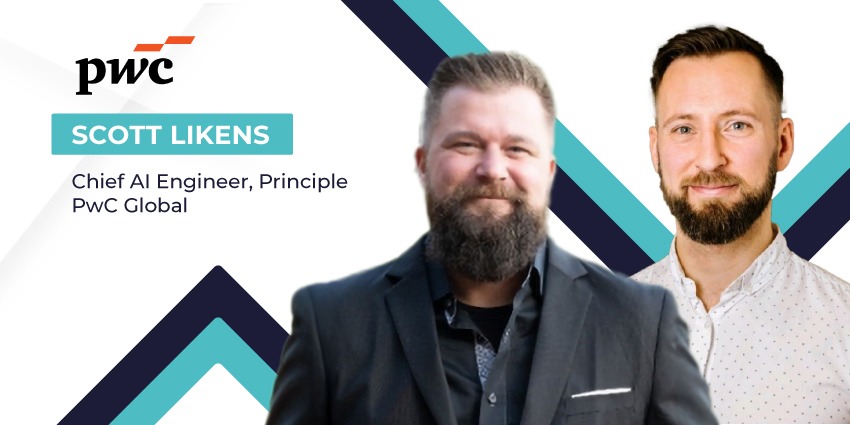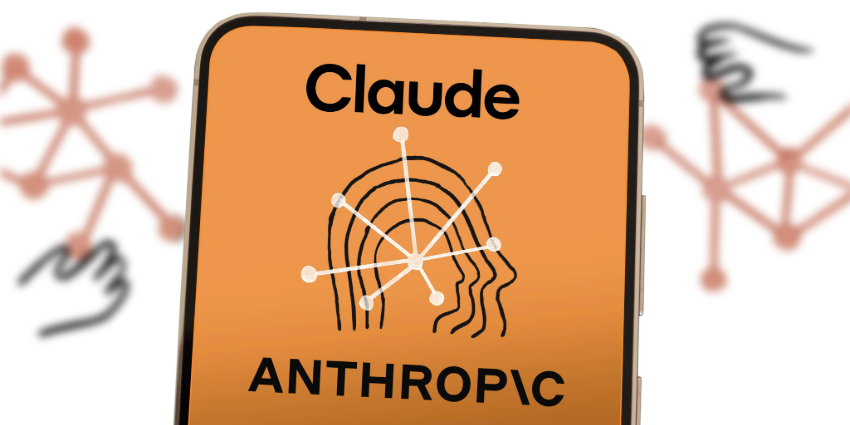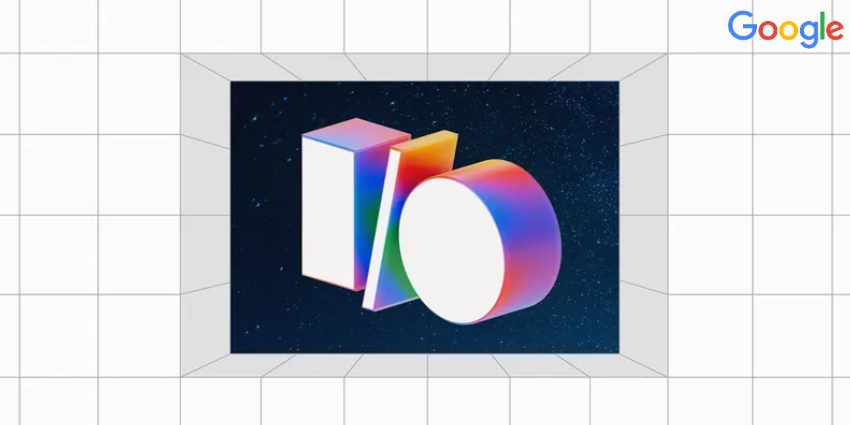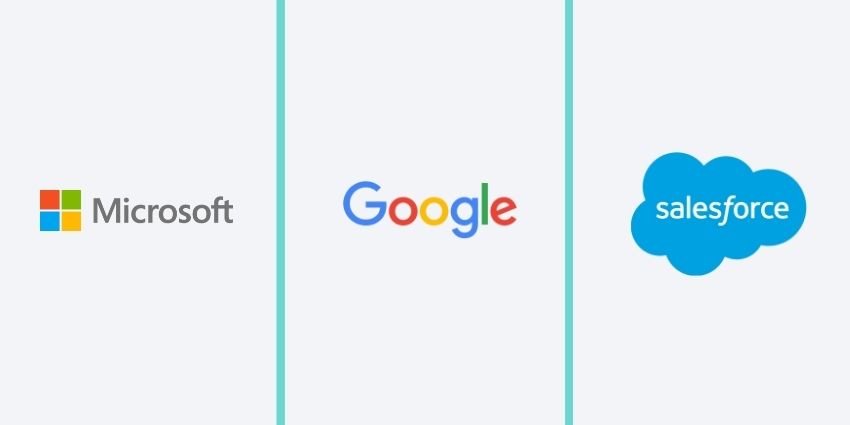In the crisp mountain air of Davos 2025, where tech giants gather at a luxury ski resort for the World Economic Forum, Salesforce CEO Marc Benioff shared controversial opinions on some of his competitors.
Amongst other proclamations, he predicted an ice-cold ending to tech’s most expensive collaboration: Microsoft’s $13 billion partnership with OpenAI. According to Benioff, Microsoft finds the relationship “too expensive and too hard” – words that could equally describe most people’s first skiing lesson.
Tech Challenges. Personality Clashes
The partnership’s challenges run deep. Benioff, cutting through the thin mountain air with his characteristic directness, explained:
I think it’s extremely important that OpenAI gets to other platforms quickly because Microsoft is building their own AI and I don’t think Microsoft will use OpenAI in the future. They’ll have their own frontier models, and Mustafa Suleyman and Sam Altman are not best friends.
Cold, hard facts. Apparently Suleyman and Altman’s joint appearances on panels at last year’s Davos were so frosty they made the Alpine weather feel balmy!
DeepSeek: An Industry-Wide Avalanche
Benioff’s comments come at a pivotal moment in AI development.
Chinese AI developer DeepSeek has recently demonstrated that competitive models can be built at just 3-5% of traditional costs, triggering an industry-wide reassessment of AI partnerships and investments, and share price graphs that resemble a ski slope black run.
This revelation, combined with Benioff’s prediction, has sent a financial avalanche through boardrooms, with CFOs everywhere getting cold feet about their premium AI investments.
Silicon Valley startup founder Anthony Poo echoed this sentiment from a cost perspective: “OpenAI’s model is the best in performance, but we also don’t want to pay for capacities we don’t need.”
Copilot: Skating on Thin Ice
Known as one of the more outspoken leaders in a space that isn’t exactly dominated by shrinking violets; Benioff’s assessment of Microsoft’s Copilot was sharp. Sharp like the mountain wind:
We already know Copilot has failed. It’s just repackaged GPT….It’s not what AI is meant to be.
His criticism goes beyond mere performance issues though – according to Benioff, products like Copilot miss the true potential of AI.
He contrasted Copilot with his vision of AI as a personal digital agent, pointing to Salesforce’s own implementation: “I have a digital agent that I’m working with… It knows what sessions I’m interested in, knows who I’m friends with.”
His message was crystal clear – AI should be focused on enhancing personal productivity and decision-making, not just repackaging existing capabilities.
Possible Industry Ramifications
Benioff’s Salesforce itself uses OpenAI’s enterprise models and has invested in OpenAI’s competitor Anthropic, making any cracks in the Microsoft-OpenAI partnership potentially beneficial for Salesforce’s strategic positioning. Could there be some wishful thinking here from the Salesforce boss? Maybe.
However, as the tech world descends from the mountains of Davos, the implications for businesses are becoming clearer: the era of premium-priced AI partnerships may be facing a thaw.
Companies are increasingly questioning the value proposition of expensive AI solutions when more cost-effective alternatives emerge.
Like the thaw that inevitably follows the Davos winter, the AI industry could be on the brink of its own natural transformation: from elaborate, expensive partnerships to more practical, grounded solutions that deliver results.



